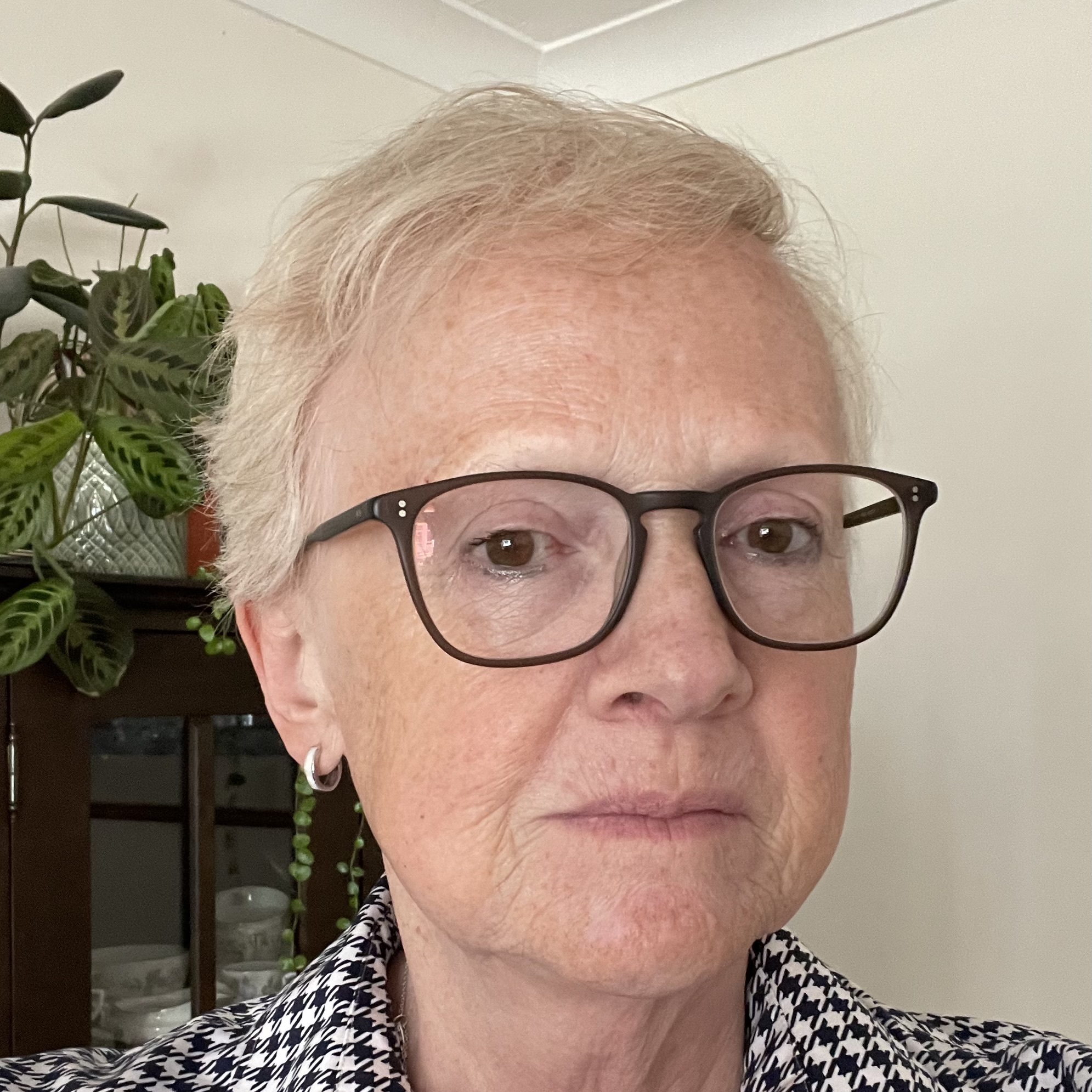News and updates from today's conference focusing on Prescribing Competence and Practice and updates on the practicalities of using the Revised National Competency framework for all prescribers.
Developing your skills and leadership as a nurse/non medical prescriber
• what support do non-medical prescribers need
• developing your skills as a non-medical prescriber
• being aware of the scope of practice and how to be a safe prescribing practitioner
• prescribing leadership: ensuring prescribing practice is integrated into service development
• how can you make a difference to the service as a Non-Medical Prescriber?

Ms Alison Pottle
Cardiology Nurse Consultant, Royal Brompton and Harefield Hospitals, part of Guys and St Thomas’ NHS Foundation Trust
Supporting nurse/non medical prescribers to prescribe effectively – barriers and facilitators
• changing the way we think about changing and improving practice
• how can an understand the barriers and facilitators to prescribing effectively
• building confidence in prescribing and implications for practice
• ensuring you prescribe within your scope of practice and identifying red flags
Alison talked about mistakes when prescribing and said "support is key when things go wrong, its important that mistakes are managed and dealt with in a positive way, you should use mistakes to educate people"
On Auditing, Alison said "I use a variety of spreadsheets to audit my prescribing, my biggest advice is to do it as you go along". "After each ward round I do. I then spend 5 to 10 minutes completing my prescribing spreadsheet".
After being asked about her top 3 tips on prescribing Alison said "Be confident, start small and know your limits".
EXTENDED SESSION: Clinical Pharmacology – update for nurse/non medical prescribers
• clinical pharmacology – what you need to be aware of as a Nurse/Non Medical Prescriber
• clinical pharmacology - understanding how drugs work and drug targets
• pharmacodynamic and pharmacokinetic interactions
• ensuring you have the history-taking, clinical assessment, and diagnosis skills to prescribe appropriately and effectively
• understanding potential lifestyle and drug interactions
• common issues and case examples
• understanding drug interactions and managing comorbidity

Professor Jane Portlock
Professor of Pharmacy Postgraduate Education & Interim Director, Centre for Inter-professional Postgraduate Education and Training (CIPPET), School of Chemistry, Food and Pharmacy University
Demonstrating prescribing proficiency, Case study: Non-medical prescribing for pain
• demonstrating prescribing proficiency in pain management
• case based discussion related to non-medical prescribing
Jane talked about learning from others, she said "I learn so much more by sharing and talking to other people than I do just in isolation reading" , "These events are perfect to help you pause and assimilate"
Jane continued by saying "If everyone is learning together, there is a much more level playing field and this helps with support".
she also said "The NHS is constantly changing, cash strapped and there are constant new recommendations"
Jane concluded her talk by saying "The learning is out there to be had".
















